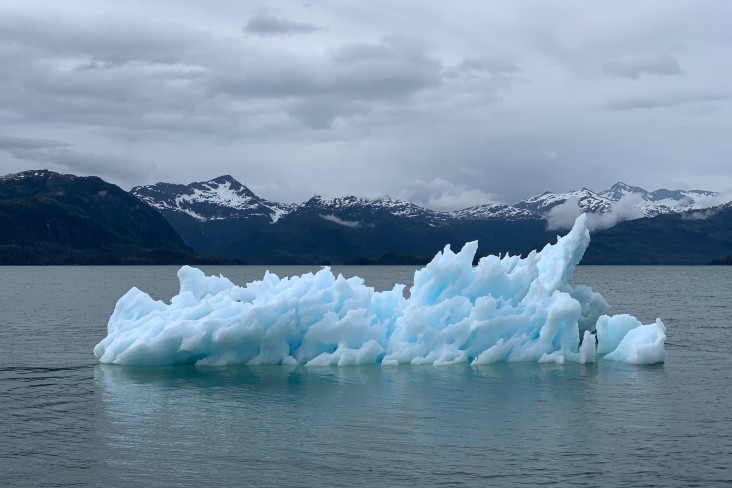Understanding risk
Cyclone Gabrielle has ravaged parts of the North Island and caused devastating loss for so many Kiwis.
This latest natural disaster has once again put the spotlight on coastal inundation from tides, storms and sea level rise along the coasts, estuaries, and rivers. Climate change and warming temperatures are causing sea levels to rise on average by 3.5mm per year.
New tools mean we can now determine flood hazards and carry out coastal mapping better than ever https://www.searise.nz/. These tools allow us to predict sea-level rise and see flood prone areas. If you’re purchasing a property anywhere in New Zealand, check first to see if the area is impacted.
Over time, more and more properties are likely to be uninsurable or the premiums so high they become unaffordable. Properties that can’t be insured will be unsellable and banks won’t lend on them.
Insurance more than a grudge purchase
When it comes to property insurance, do you know what you are covered for? As extreme weather events become more frequent, and ferocious, having the right sum insured for your property is critical so that you can rebuild.
Houses are built with different materials and to different specifications, so the cost per square meter varies greatly. Your property needs to be insured for what it will cost to rebuild how you want. A site with special features will always cost more to repair. Retaining walls and structural engineering will add another component and cost.
Land damage – who pays?
Private insurers don’t generally cover land damage caused by a natural disaster or natural event. This falls to the Earthquake Commission (EQC). However, your insurer may cover some items that aren’t covered by EQC - things like limited cover for driveway resurfacing, landscaping, and gardens.
The EQC building cap for a residential building containing one dwelling for each natural disaster event increased to $300,000 + GST on 1 October 2022 (an increase of $150,000).
Insurance may well be a grudge purchase but getting the correct sum insured on your property has never been more important. Ask yourself, are you insured for any loss that may occur in the future?
